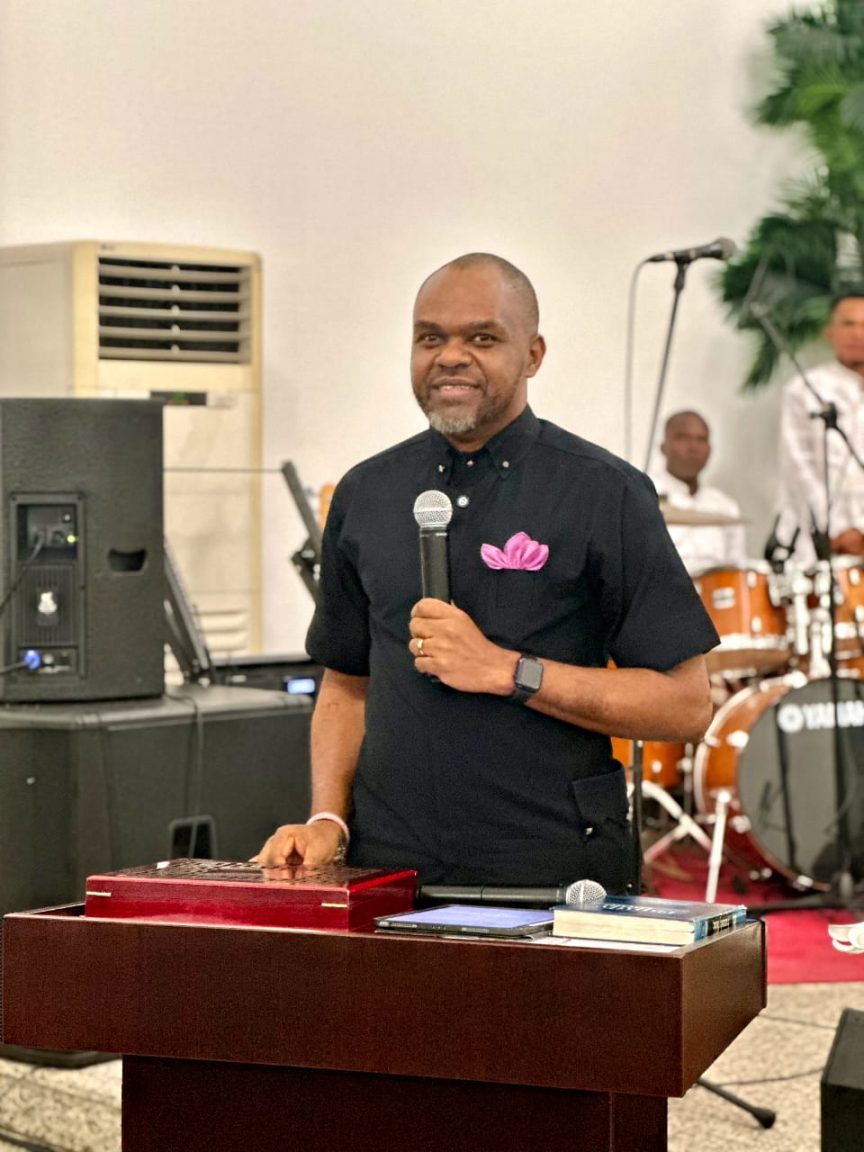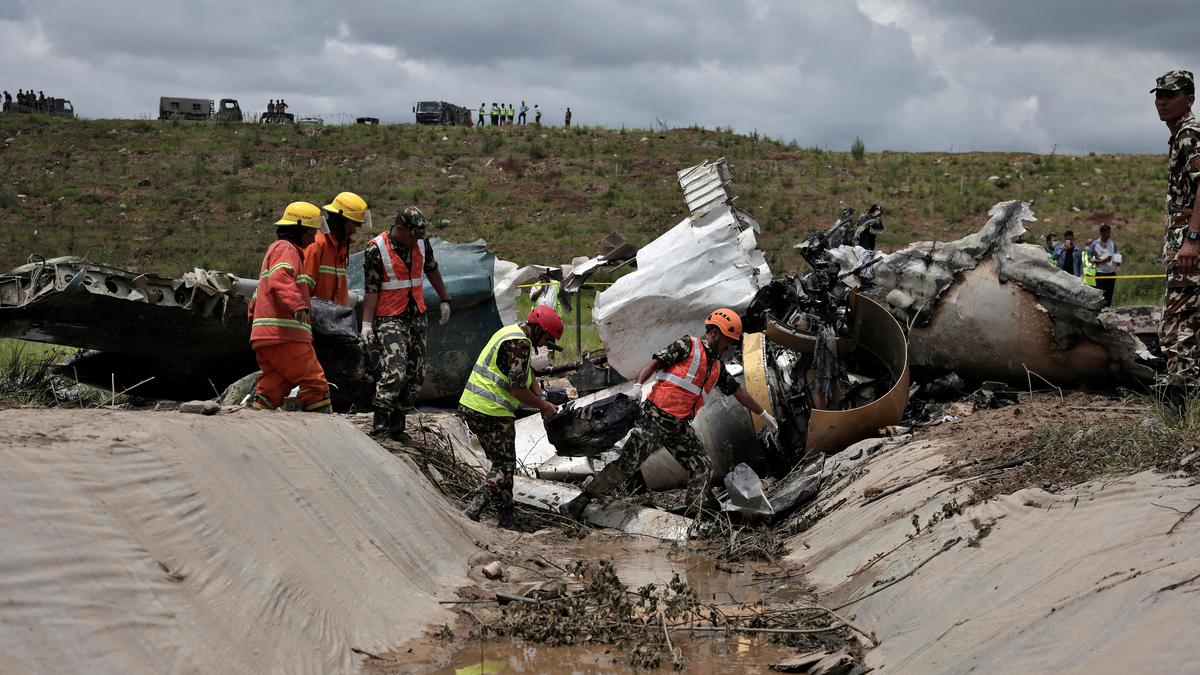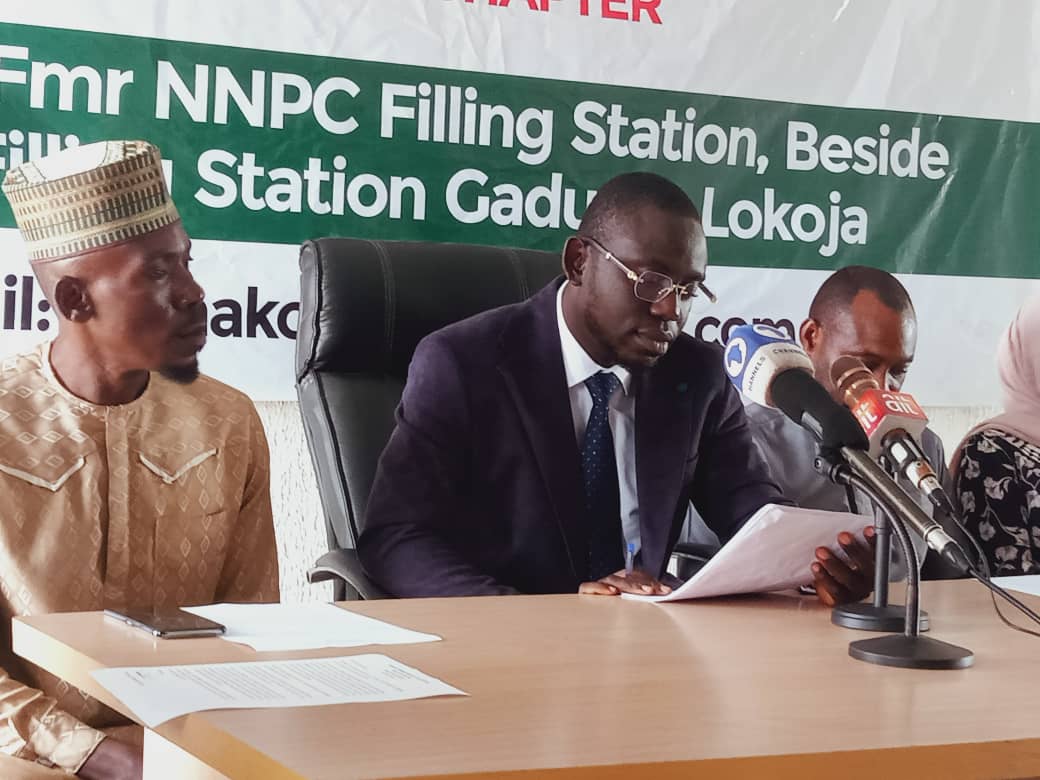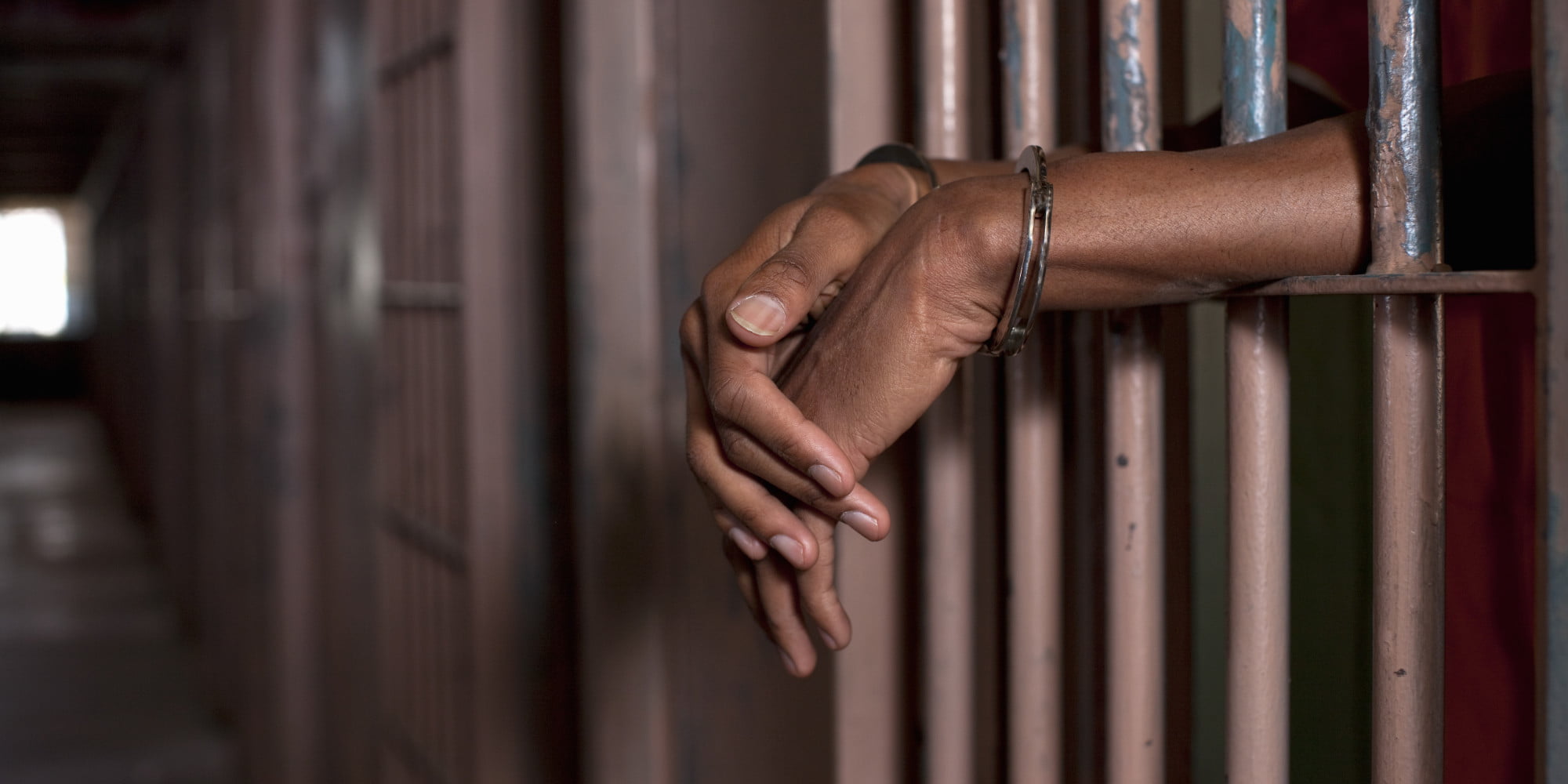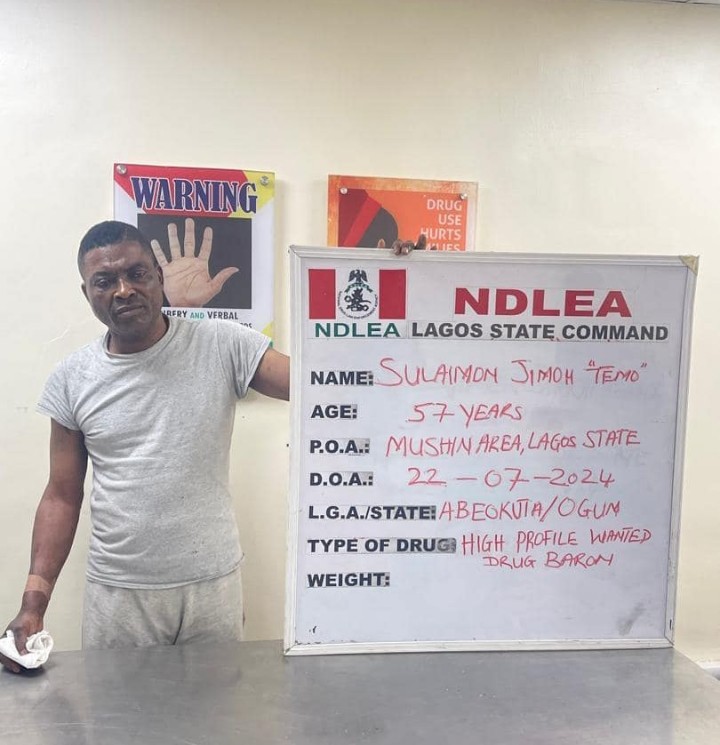
In August of 2015, Ese Oruru a 14-year-old girl from Bayelsa State was kidnapped by a 25-year-old Yunusa Dahiru, who took her to his home state of Kano, forcefully married her and converted her to Islam.
When Ese was abducted, her parents reported the incident to the Yenagoa, Bayelsa police but nothing was done for more than seven months. Apparently, when the Inspector General of Police was told about this issue, he was said to have responded: “I can’t free Ese without Emir Sanusi’s help.” Late last month, a major newspaper publication sprawled this incident on its front page and “named names,” and in a matter of days, Ese was reunited with her mother and Yunusa was incarcerated.
In Lagos State, school children from Babington Macaulay Junior Seminary were studying for upcoming examinations, when about 8pm on Monday, February 29; about 12 gunmen stormed the school and abducted three girls. The gunmen demanded a ransom for their release. The incident garnered national outcry and it wasn’t long before the Police along with other security agencies mobilised, did whatever it took to secure their release.
The joint security teams went out and gathered information from everyone in the area. They were able to figure out which general direction the abductors went. They found the individual who registered the phones the kidnappers were using for negotiations. They traced the family members of the kidnappers and used them to coerce the abductors to release the girls.
Security operatives carried out round the clock surveillance and took notice of an individual who was purchasing bulk food and heading towards the ‘area of interest’. Security operatives swooped on him and he started talking. In less than a week, the girls were rescued.
One troubling news article, however, stated that this was not the first time the school premises had been breached. One of the apprehended gunmen stated that the group had previously attempted a kidnap in the same school but were unsuccessful when the girl they caught managed to escape. The abductors left, “went back to the drawing board”, devised and carried out a more successful kidnap plan.
On Tuesday, March 01, 2016, a Hausa Okada rider (motorcyclist) was breaking the law riding against traffic and allegedly knocked down an expectant mother on Agiliti road in Mile 12, Lagos State. A group of Yoruba individuals in the area, confronted the Okada rider and a violent argument broke out. Two days later, the Okada rider succumbed to wounds he received as a result of that argument and an angry Hausa mob decided to avenge his death by attacking the neighborhood. This ethnic clash led to the death of more than 10 people, vehicles and houses were razed, a school was also burned down, two children decapitated and another child was kidnapped. The police and military were eventually called in to restore peace and order back to the area.
“The above incidents occurred all within the same week and they all bore the mark of a never ending trend in the Nigerian security sector; the all too familiar trend of a reactionary force.”
The reaction mindset
Imagine if the Nigerian airport authorities stated that it would not carry out passenger security check until an incident actually occurs. As absurd as that sounds, that is precisely how the security forces in the country operate. Things have to get to an “embarrassing enough” level before a crackdown occurs. When a guy with a wheelbarrow of trash starts dumping his garbage on the side of the road, nobody really complains or stops him. It is not until there is a heap of garbage on the side of the road obstructing traffic and chocking pedestrians with its putrid smell that action is taken.
When Boko Haram started as a spit fire anti-government group, nothing was done about them until they started attacking security operatives. When the Chibok girls were kidnapped, nothing happened until there was a global outcry. When gunmen first gained entrance to the Seminary school, nothing was done until they attacked for a second time and successfully abducted school girls.
When Ese’s parents reported the situation to the authorities, nothing was done until leaders were called out on the front page of a national newspaper. When the Mile 12 Okada rider was riding against traffic and area boys were taking matters into their own hands, no legitimate law enforcement took action until buildings had been razed and lives were lost.
Why a reaction force
One of the reasons the Police take a more reaction stance is the fact that the Force is thinly stretched, thus they have to reserve their resources for actual deadly emergencies. In other words, lower priority is given to non-fatal incidents. For instance, Eko Electricity Distribution has repeatedly lamented that the recent increase in power outages are due to a drop in the national generation level as a result of incessant acts of vandalism on gas pipelines and transmission towers.
The Nigerian Communications Commission has also complained that their “Fibre optic cables keep getting vandalized by miscreants, which in turn disrupts communications to huge population centres.” When NCC requested that the police help protect the telecoms infrastructure, the IGP explained that “Our numerical strength is not enough to police the country’s security space. We are just 317,000 officers and there is no way we can be everywhere.”
This is the reason why community policing is being increasingly encouraged. The police have hotlines that citizens can call and report any criminal activity. The effectiveness of this across the country is, however, questioned as incidents such as the herdsmen attack in Agatu occurred despite the fact that the security agencies were called for protection; almost 200 people had been killed before the police showed up. It is, therefore, clear that that the Nigerian law enforcement is dealing with more systemic issues.
The fate of the Okada
The Mile 12 ethnic clash and Babington School girls abduction that occurred in Lagos have brought about renewed discussions as to the future of Okadas in Lagos, and the feasibility of having armed security personnel on school premises. When it comes to Okadas, the issue is not having rules to govern them, but rather enforcing the rules.
The previous administration had signed the Lagos Road Traffic Law 2012, which restricted Okada operations to certain roads and hours due to the increased use of them for carrying out crime in the state and their blatant abuse of laws. But over the years, the enforcement of these rules has been sloppy at best. The Lagos State government needs to decide once and for all on the fate of Okada, and whatever the final decision, it must be enforced.
Protection of school premises
When it comes to the protection of schools, some debate has erupted about whether or not armed personnel should be placed in and around school premises. Armed security men in schools are absolutely not the answer. What needs to happen is students need to be taught on how to respond in case of emergencies. The schools also need to harden their security arrangement to make them are less attractive targets. Having well-lit compounds at night and the use of solar powered CCTV cameras could be beneficial. Unarmed security guards within the premises should have periodical drills and have the ability to quickly contact the nearest police response team at all hours of the day.
Having armed men walking around the school premises could be detrimental to the psyche of the students, not to talk of what could happen in the event that there is a shootout between criminals and security personnel within the school premises. A more viable option is to have armed security operative carry out random patrols outside the school walls to ensure there have been no recent breaches.
Try a most wanted list
Naturally, one recommendation for the police would be to increase their use of security technology, which even they agree is needed. But let’s face it, the electricity situation in the country makes that option challenging. Until that is settled and other innovative solutions are proffered and implemented, the police should consider taking a cue from the military’s play book. The Nigerian military compiled and posted a Boko Haram “Most Wanted List” across the country, and it has proven effective in capturing Boko Haram members.
In the case of the Babington abduction, only three out of the 12 gunmen that were reportedly involved in the abduction, have been caught by the Police. Often, these criminals flee to other states where they continue operating as nameless, faceless individuals. The security operatives should work with the captured criminals in getting names, pictures and other personal information of their accomplices at large and put together a most wanted list to which community members can also help in giving useful tips that can lead to their capture. My point here is that despite the limited resources of the police, they can still take proactive measures.
Email: tanwa.ashiru@bulwarkintelligence.com
Email: tanwa.ashiru@bulwarkintelligence.com
Website: www.bulwarkintelligence.com
Twitter: @bulwark_intel




